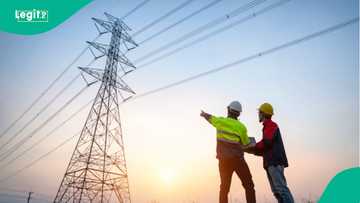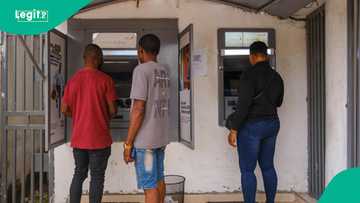Minister Tells Nigerians To Prepare to Pay Higher Electricity Tariff, Give Reasons
- Power Minister Adebayo Adelabu has stated that Nigeria can no longer sustain the electricity subsidy
- He has urged Nigerians to be prepared to pay cost-reflective electricity amid huge debts owed by the government for the subsidy
- The NERC reveals that only 15% of electricity users (Band A) pay full rates, the rest receive a subsidy
Dave Ibemere, a journalist at Legit.ng, has been reporting on business for over ten years. He has deep knowledge of the Nigerian economy, stock market, and general market trends.
The Minister of Power, Adebayo Adelabu, says Nigeria’s economy can no longer sustain electricity subsidies and has asked Nigerians to brace for new, cost-reflective tariffs.
Speaking during a meeting with the Chairmen of Electricity Generating Companies (GenCos) in Abuja over the weekend, Adelabu said the government’s subsidy has increased to over N4 trillion in unpaid debts, and it is threatening the power sector's survival.
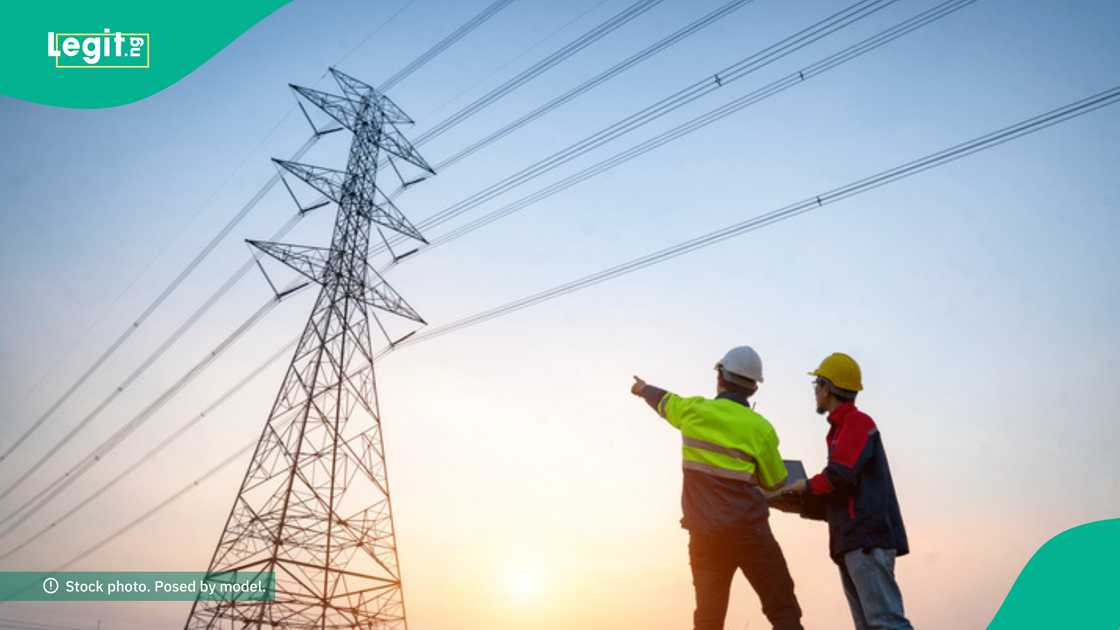
Source: Getty Images
He however added that the Federal Government would continue to provide targeted subsidies for economically disadvantaged Nigerians, but did not clarify the category of people who would benefit.
He said:
"We have to understand that our economy cannot sustain subsidies indefinitely. Citizens must pay the appropriate price for the energy consumed.”
Adelabu said the government was committed to resolving the crisis. He revealed plans to propose a partial cash repayment and the use of promissory notes to settle the debt during an upcoming meeting between President Bola Ahmed Tinubu and GenCos leadership.
He added:
“There is a need to pay a substantial amount of the debt in cash. At the minimum, let us pay a substantial amount, then ask for a debt instrument in promissory notes to pay the rest."
According to the Nigerian Electricity Regulatory Commission (NERC), in its February 2025 report, the average actual tariff was N116.18 per kilowatt-hour (kWh) while consumers paid N88.2 kWh.
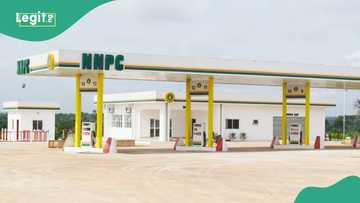
Read also
NNPC: Experts finally speak on arrest, mismanagement of more than $2.9 billion for refinery construction
The difference, N27.97 kWh, was the cost of subsidy.
Currently, only 15% of electricity users in Band A do not receive any subsidy, the Nation reports.
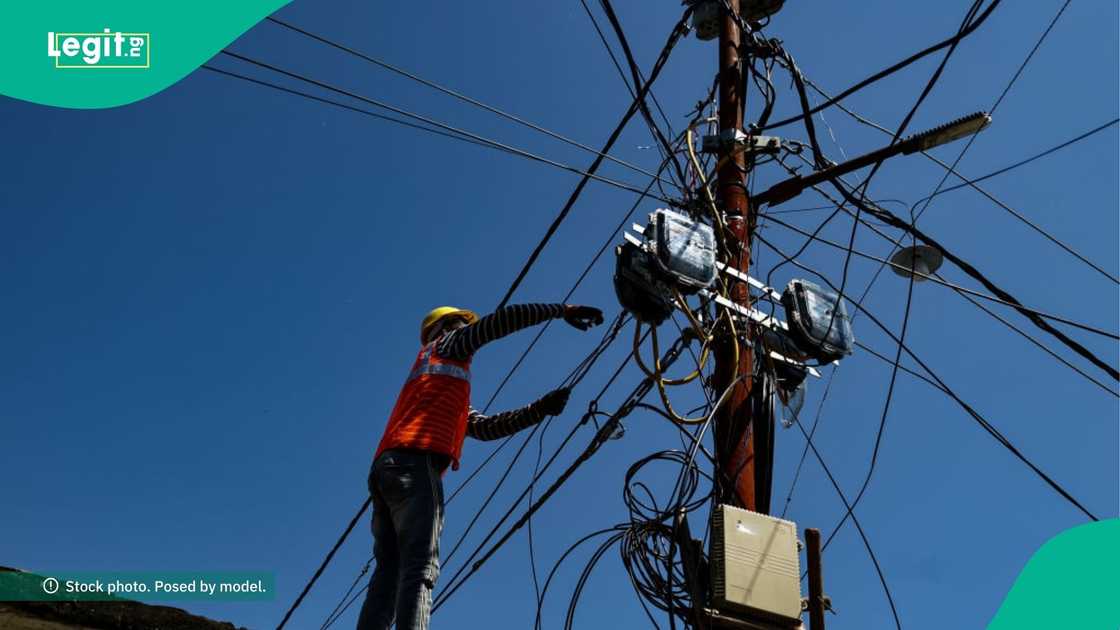
Source: Getty Images
Stakeholders speak on state of power sector
During the meeting, Col. Sani Bello (retd.), Chairman of Mainstream Energy Solutions, warned that the N4 trillion debt is crippling GenCos, making it difficult to access credit or maintain power infrastructure.
Bello said
“Without urgent intervention, the entire power ecosystem could collapse."
Also, Kola Adesina, Chairman of Egbin Power and First Independent Power Limited, described the situation as a national emergency.
He stated
“Everything hinges on power industries, homes, hospitals. We cannot afford to let the sector fail.”
Dr. Joy Ogaji, CEO of the Association of Power Generating Companies (GenCos), highlighted chronic payment defaults, erratic gas supply, and exchange rate volatility as key challenges.
She said the naira’s decline from N157/$1 in 2013 to N1,600/$1 today has devastated maintenance and loan repayment plans.
Ogaji said:
“GenCos have borne unsustainable risks—from grid failures to unproductive taxes while remaining patriotic."
Companies dump national grid amid tariff hikes
Ealier, Legit.ng reported that As electricity tariffs continue to rise in Nigeria, many businesses, educational institutions, and households are turning away from the unreliable national grid and embracing self-generated power.
Over 400 major organisations, including Flour Mills of Nigeria and MTN, now generate their own electricity, far exceeding the grid's capacity.
The tariff hikes have driven many individuals and businesses to switch to solar power to cut down on soaring electricity bills.
Source: Legit.ng


